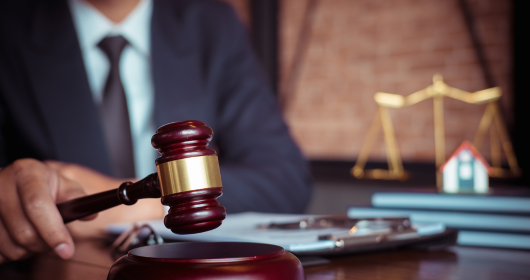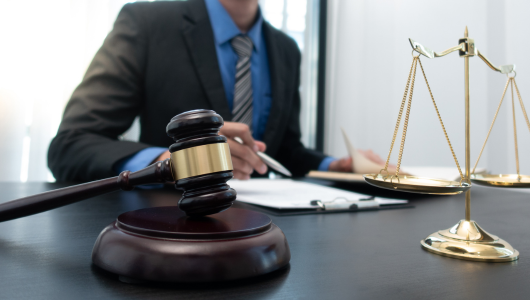Free Legal Advice 24/7
The offence under Section 60 of the Road Safety Act 1986 concerns the duty of the owner of a motor vehicle to provide information about the driver when required by a police officer who is executing their duties.

The prosecution must show that:



Duty of owner of motor vehicle to give information about driver cases will be heard will be heard in the Magistrates Court.
Section 60 of the Road Safety Act 1986 makes it an offence for the owner of a vehicle (or someone nominated to be responsible for it) to fail to provide information when asked by a police officer. This information is usually about who was driving the vehicle at the time of an incident or offence.
If you’re convicted of this offence, you could face a penalty and lose your driver’s licence.
The Importance of Conviction:
If you are convicted, it can trigger mandatory licence disqualification. However, whether or not a conviction is recorded is discretionary. A court may decide not to record a conviction, which can impact whether you lose your licence or face other penalties.
Given the importance of avoiding a conviction (especially since it can affect your ability to drive), it’s wise to consult a lawyer who knows this area of law well to help you understand your options.
Knowledge of the Offence:
Reasonable Effort to Identify the Driver:
Cooperation with Authorities:
Circumstances of the Offence:
Previous Offences:
Impact on Your Life:
Testimonials
If you’ve been charged with a traffic offence like failing to nominate the driver of a motor vehicle, it’s crucial to seek help from an experienced lawyer who specialises in traffic law.
At MK Law, we regularly represent clients facing these charges and understand the tactical decisions involved in defending or mitigating such charges. If your driver’s licence is important to you, don’t go to court without legal representation. A conviction could result in a long disqualification period, affecting your ability to drive for 2 to 4 years.
If you’ve been charged or are about to be interviewed, contact our office today to speak with one of our experienced traffic lawyers and discuss how we can help you navigate this process.
Do not delay, contact MK Law on 1800 130 120 today.
Free Legal Advice 24/7
Call Anytime For Free Legal Advice 24/7
Top 5 firms by reputation dealing with traffic and criminal law matters.
Copyright ©2003-2024 MK Law. Privacy Policy